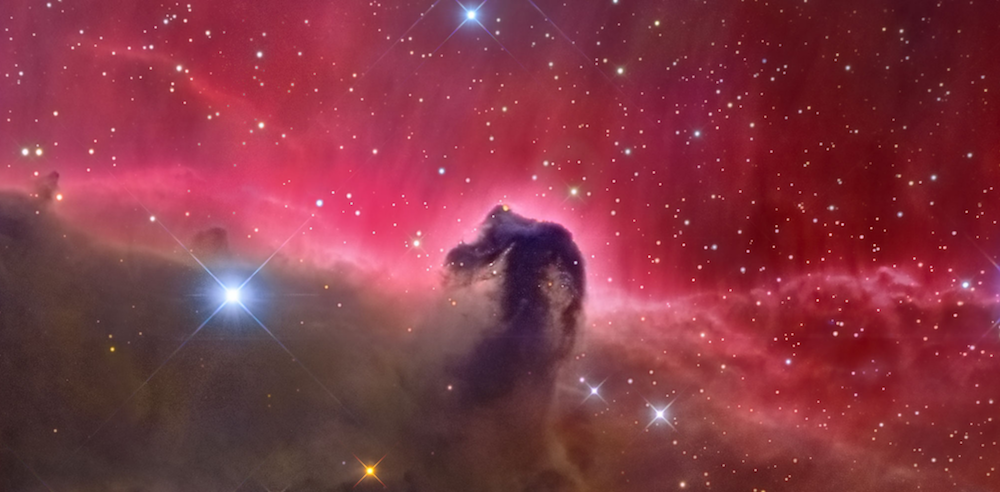
Gravitational Attraction
What would happen if two people out in space a few meters apart, abandoned by their spacecraft, decided to wait until gravity pulled them together? My initial thought was that …
In #articles

I've heard many times (see here and here, for examples) the objection from apologists that certain claims (i.e. supernatural events, miracles, etc…) are ruled either impossible or highly unlikely because of the skeptics "worldview" - that somehow if one has a "worldview" that permits such things, then the evidence would look a lot different. I agree with this, and think that this is another concept which is improved by mapping it onto probability theory. For "worldview" read "prior probabilities for the models under consideration" and it becomes clear. Further, ones prior probability for a claim is just the posterior probability, given all of the evidence you've seen in the past. Bayes' Theorem written this way is
If you've been presented with evidence in the past which makes, under your state of knowledge, certain miracles more likely then you'll have a higher prior probability for a miracle interpretation of a new extraordinary claim. If you've been presented with evidence in the past which makes, under your state of knowledge, miracles less likely then you'll have a lower prior probability for a miracle interpretation of a new extraordinary claim. There is nothing wrong with this situation. However, where it goes wrong is when people think that having a high prior probability justifies the belief, or that someone with a low prior is too skeptical. The bottom line is,
If your conclusion is highly sensitive to your prior probability, then your evidence is insufficient to make it reasonable to strongly believe the claim.
If there is good evidence for a claim then you should be able to convince a skeptic. Excuses like, your prior probability (i.e. your "worldview") makes the claim less likely its just that…an excuse for the lack of evidence.